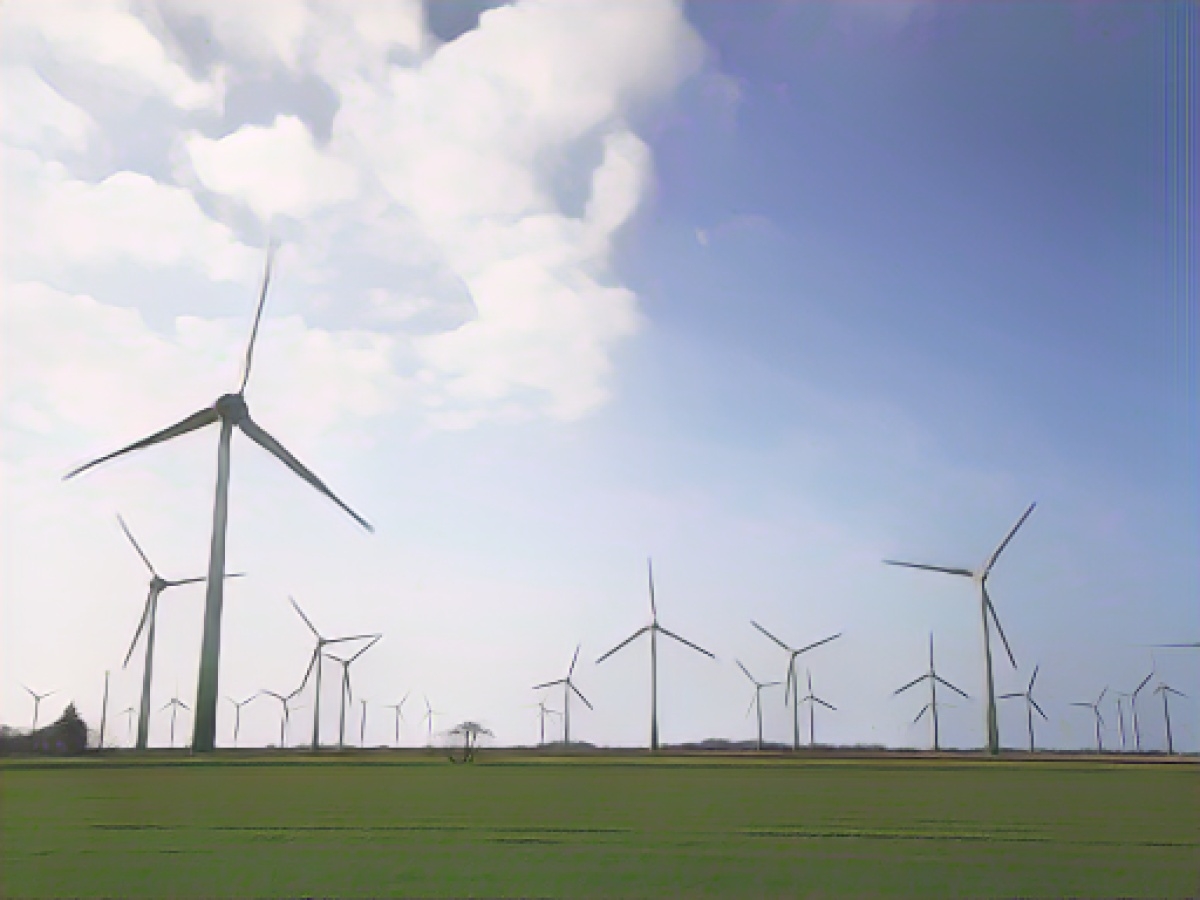IG Metall Pushes for Socially Responsible Wind Power Development
IG Metall, Germany's largest metalworkers' union, urges the EU Commission to consider factors like regional value creation and collective wage agreements in the restructuring of the wind power industry. Daniel Friedrich, IG Metall's coastal district manager, welcomes EU proposals that factor in the carbon footprint of wind farms. However, he emphasizes that projects that prioritize good working conditions, collective agreements, and apprenticeships should also gain an advantage during tender processes.
Friedrich and SPD politician Bengt Bergt, who specializes in climate protection and energy issues, agree that the EU should go beyond the CO2 footprint criterion. They suggest introducing a training quota in conjunction with good job opportunities and collective wage agreements for all renewable energy projects. The goal? To strengthen the global-leading German wind energy sector and guarantee employment for 120,000 people in the country.
Incorporating social sustainability criteria into EU proposals for wind power development beyond the CO2 footprint criterion requires deliberate steps:
- Social Impact Assessments: Conduct thorough social impact assessments to evaluate the potential effects on local communities, workers, and the environment. Analyze the implications for traditional livelihoods, such as the Sami community in Norway, and take steps to preserve natural landscapes.
- Promote Responsible Labor Practices: Encourage companies to embrace ethical labor standards, including fair wages, safe working conditions, and collective bargaining agreements. Implement regulations and guidelines to compel compliance.
- Discover New Training Opportunities: Develop and sponsor apprenticeships and training programs that offer diverse career paths and cater to disadvantaged individuals. Addressing labor scarcity and productivity challenges within the industry is crucial in this context.
- Collaborate across Industries: Encourage cross-industry and multistakeholder collaboration to facilitate knowledge transfer and joint initiatives towards social sustainability. Engage with trade unions, civil society, and local communities to distribute the benefits of wind power justly.
- Adhere to EU Sustainability Reporting Standards: Align wind power industry reporting with EU Sustainability Reporting Standards, which mandate nature-related corporate disclosure, including social impacts like labor practices. Ensuring transparency and accountability is essential.
- Engage Policy Frameworks: Integrate social sustainability criteria into wind power development policies and regulations. Establishing clear conditions for required performance with specific workforce development objectives benefits the industry overall.
In summary, IG Metall advocates for wind power projects with a lower carbon footprint to have a higher chance of realization to support sustainability. By integrating work conditions, collective wage agreements, and apprenticeships, the wind power industry can develop in a socially responsible and equitable manner.








